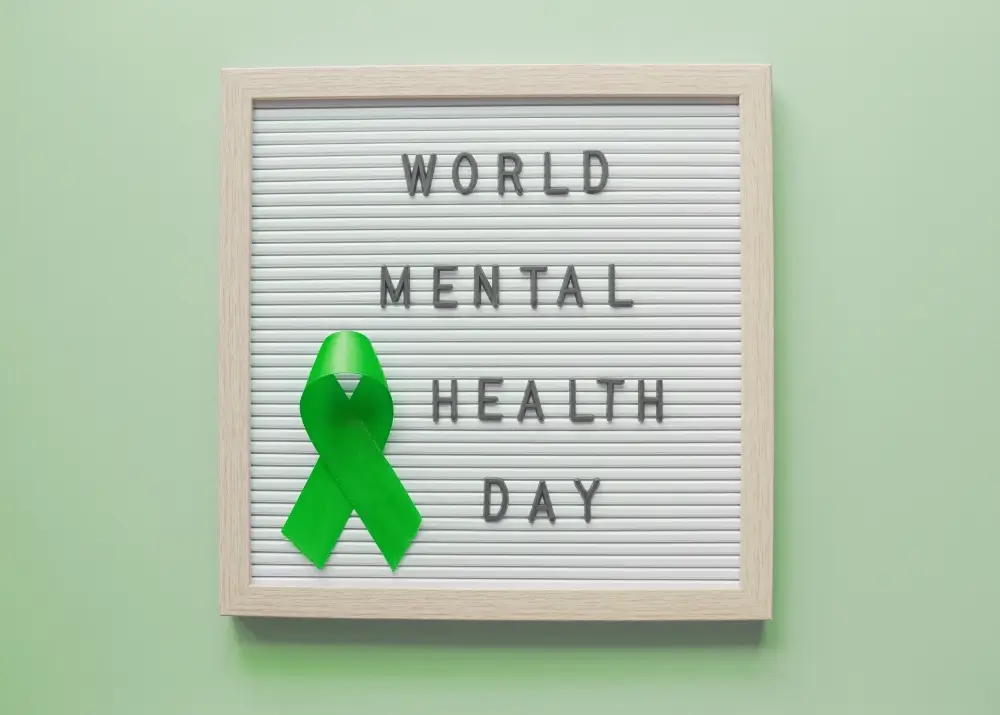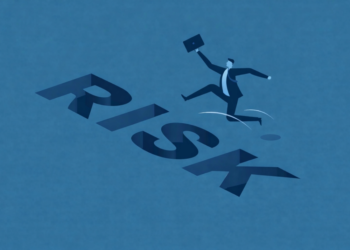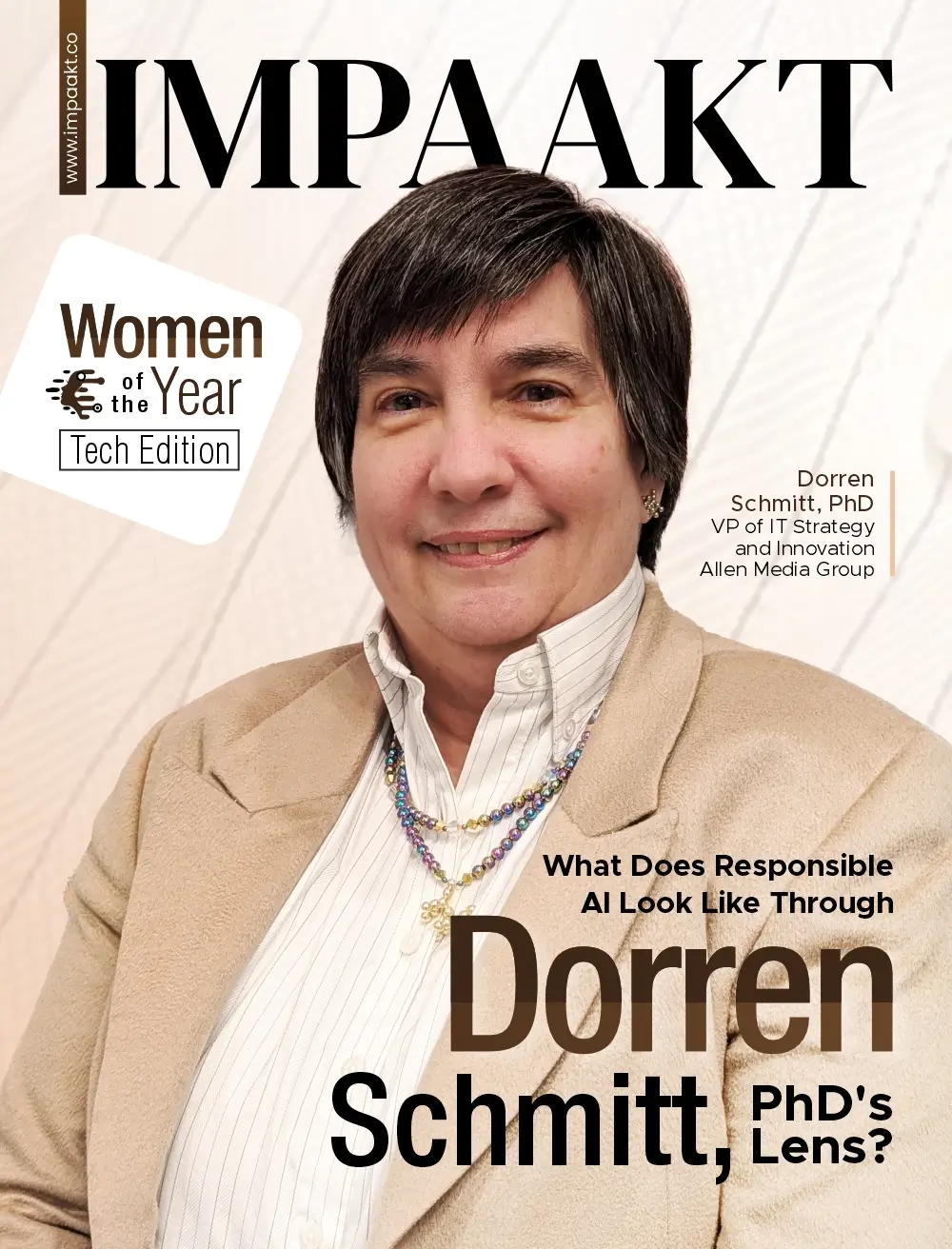The theme for this year’s World Mental Health Day is “Mental Health is a Universal Human Right,” and it calls upon the World Health Organization (WHO), Member States, and partners to accelerate their efforts in the field of mental health with a focus on a human-rights-based approach.
Traditionally, human rights have been associated with basic necessities like food, shelter, and healthcare. However, mental health is increasingly recognized as a fundamental aspect of overall well-being. Acknowledging mental health as a universal human right underscores the profound connection between mental well-being and a person’s overall quality of life.
As defined by WHO, mental health isn’t just the absence of mental disorders; it is a positive state of emotional and psychological well-being where individuals can realize their potential, effectively manage life’s challenges, be productive, and contribute to their communities. This definition aligns with the broader concept of human rights, emphasizing not only freedom from harm but also the freedom to lead a fulfilling life.
Consequently, every individual, regardless of their location, occupation, or identity, has the entitlement to achieve the highest possible level of mental well-being. This includes protection from mental health risks, access to high-quality mental healthcare that is readily available and easily accessible, as well as the freedom to participate in and contribute to their community.
It’s crucial to recognize that mental health intersects with various aspects of life, such as education, employment, housing, and social engagement. An individual’s mental well-being greatly influences their ability to exercise other rights, such as the right to education and the right to work. When mental health is safeguarded, individuals are better equipped to engage meaningfully in society.
For mental health to be acknowledged as a universal human right, there must be a transformation in societal attitudes and government policies. Measures need to be taken to protect populations from mental health risks, including broader issues like climate change, humanitarian crises, social inequalities, and poverty. Efforts are needed to raise awareness and destigmatize mental health issues, as discrimination and stigma often deter individuals from seeking help and support. Moreover, mental health services and facilities should be accessible to all, regardless of their socioeconomic status, location, or other circumstances.
Despite its pivotal role in overall well-being, one in seven people in the WHO South-East Asia Region lives with mental health conditions. Mental, neurological, and substance use disorders, as well as self-harm, account for a significant portion of years lived with disability in this region. Anxiety and depressive disorders are the most common conditions, affecting nearly half of all individuals with mental disorders in the WHO South-East Asia Region.
The WHO South-East Asia Regional Office, in collaboration with its partners, remains committed to valuing, promoting, and protecting mental health. Human rights-centered services are a key aspect of the Paro Declaration by Health Ministers of Member States, adopted in September 2022. This declaration emphasizes universal access to people-centered mental health care and services. Furthermore, a human rights approach and gender equity are fundamental principles in the newly launched WHO Mental Health Action Plan for the WHO South-East Asia Region for 2023-2030.
To enhance the expansion of community-based mental health services aligned with international human rights standards, WHO SEARO organized a regional workshop in June 2023 in Colombo, Sri Lanka, titled “Expanding community-based mental health services in the WHO South-East Asia Region: scaling-up care for action.”
Several Member States have updated their mental health policies and laws to incorporate elements of international human rights instruments, while others are in the process of doing so. Progress has also been made in providing access to mental health services through strengthening primary care and community-based services in various countries. WHO will continue to support countries in further strengthening these services.
In 2023, WHO SEARO published an interactive dashboard containing epidemiological and burden data at both regional and country levels to better monitor the mental health situation in the Region.
Priority is being given to accelerating and strengthening actions that operationalize the intersection of human rights and mental health. Two approaches are being pursued: supporting countries in efforts to move away from psychiatric hospitals towards community-based mental health treatment and care, and providing individuals with lived experience of mental health conditions, their families, and caregivers a platform to discuss their perspectives with mental health and social care program planners, culminating in a charter on their rights.
In conclusion, mental health is unquestionably a universal human right. Just as the right to physical health is a fundamental aspect of human dignity, the right to mental health is equally indispensable.











